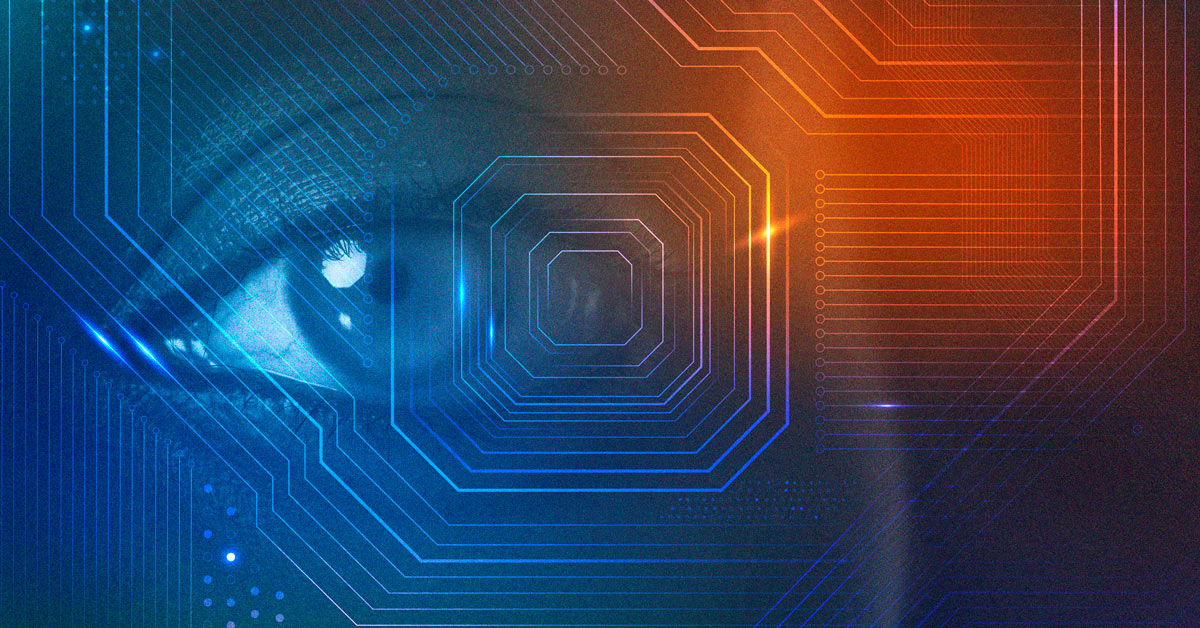Article written by Ralph Wyndrum, Life Member of IEEE
A significant number of IEEE Life Members experience visual impairment. For many, that may simply mean stronger reading, custom distance, or bifocal glasses. But based on visits to several LMAGs over the years and contacts with other members, it is clear that many would benefit from advanced technology beyond simple magnifying glasses.
 My first-hand experience is that these advanced device technologies allow one to navigate situations such as reading the morning newspaper, reference works, or cookbooks with relative ease. To understand these opportunities, I visited the Lighthouse Guild, a non-profit organization in New York City. Their website provides the latest tools designed to fit the many needs of Life Members with impaired vision.
My first-hand experience is that these advanced device technologies allow one to navigate situations such as reading the morning newspaper, reference works, or cookbooks with relative ease. To understand these opportunities, I visited the Lighthouse Guild, a non-profit organization in New York City. Their website provides the latest tools designed to fit the many needs of Life Members with impaired vision.
In the past, simple glass magnifiers helped us read. Today, devices with built-in electronic cameras coupled with display screens provide the function, including selected magnification levels and covering a range of page sizes. Such a tool lets me read the NY Times each morning with a minimum of effort, including text and photos. Other devices speak the text to the reader. Devices are Bluetooth-enabled and use the latest OCR (optical character recognition) technology.
For people with peripheral vision loss, smartphone-controlled electronic eyeglasses are coming on the market. For watching TV at a normal distance, plastic telescopic glasses serve my needs. Soon we can expect smart eyeglasses tied wirelessly to the TV cable box for viewing.
A visit to the Lighthouse Guild will provide well-informed guidance to choose devices, but also a staff of very helpful optometrists who will first examine your eyes and provide assessments. The non-profit Lighthouse Guild serves customers globally to supply devices. However, there are similar nonprofit organizations in cities across the United States and Canada, and probably globally. Simply Google “Technology for people with Vision Loss” and carry on!
Resources
- Lighthouse Guild: Vision & Health Blog
- American Foundation for the Blind: Technology Resources for People with Vision Loss
- AARP: Fantastic New Tech for People With Low Vision or Blindness


